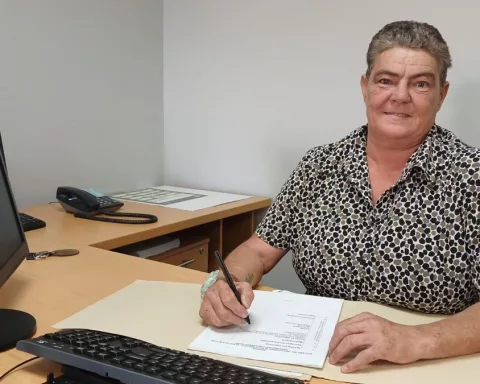The role of judges and magistrates in upholding the principles of justice is essential in the legal realm. However, there have been concerns about the consistent failure of magistrates to ensure that accused individuals understand the implications of their admissions. This issue came to light in the Cape Town Magistrate’s Court when two Western Cape High Court judges, Judges James Lekhuleni and Constance Nziweni, reviewed the cases of Mthunzi Ndzishe and William Fisher.
The Cases of Ndzishe and Fisher
Both Ndzishe and Fisher were charged with drug possession and tried by the same magistrate. Although they were informed of the charges and entered guilty pleas, the judges found that the magistrate failed to ascertain whether the technical admissions made by the accused had factual support. This oversight raised questions about the validity of the evidence supporting the guilty verdicts.
The judges also noted that the forensic report required by the Criminal Prosecution Act, meant to establish the identity of the substances, was overlooked during the plea negotiations. They maintained that the magistrate’s questioning did not delve into the accused’s knowledge of the technicalities or scientific fundamentals of the crimes they were facing. The accused’s admissions, according to the judges, only covered the “bare minimum of what the prosecution must prove.”
Judges’ Concerns
The two judges expressed their concern over the consistent failure of magistrates, particularly from the Cape Town Magistrate’s Court, to ensure that accused individuals fully comprehend the implications of their admissions. They pointed out that this issue has been addressed in previous cases from this division, yet magistrates continue to neglect this aspect of the law.
The Verdicts
As a result of their review, the judges mandated a retrial of the cases and ordered the reversal of the convictions and sentences for both accused. They stated that in the absence of the forensic report, its mention was necessary to leave “no room for doubt that the various substances found in the possession of the accused were, as the prosecution claimed, undesirable dependence-producing substances.”
Importance of Understanding Admissions
This tale of two cases highlights the importance of ensuring that accused individuals fully comprehend the consequences of their admissions. Failure to do so not only compromises the integrity of the legal system but also undermines the pursuit of justice. The judicial system must rectify such shortcomings and uphold the principles of fairness and accountability that form the bedrock of any civilized society.












